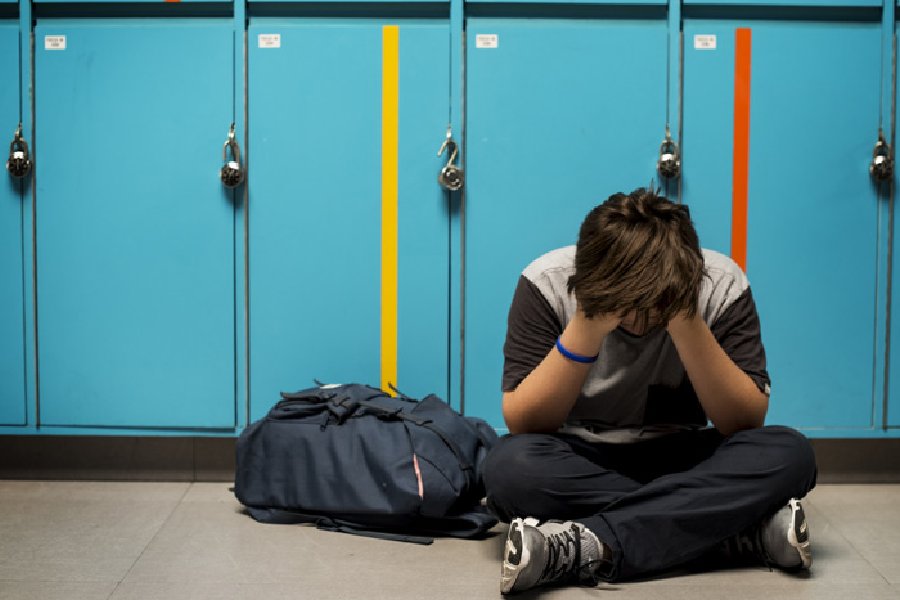Students do not turn into bullies suddenly in college but lack of empathy or the inability to understand what the other person is going through are traits that often show early and culminate in a tendency to derive fun out of others’ misery, said teachers who handle children.
Values like empathy, sensitivity, understanding and the ability to comprehend “cruelty” have to be developed right from primary school, the teachers said.
Mental health professionals concurred.
Saying “don’t bully” is not enough, they said. What amounts to bullying in school leads to ragging in colleges.
A bully may continue to be one even as an adult. And his victim could grow up thinking it is the bully’s right to be
one when in a position of strength.
Bullying in school and its long-term impact has become a raging topic of discussion among teachers, school heads and administrations since a first-year undergraduate student was allegedly killed in the Jadavpur University hostel by seniors who were allegedly harassing him.
“Children don’t learn to be bullies suddenly in college but that kind of aggressive behaviour and lack of empathy or the ability to understand the other person first emerge at the age of eight to 10,” said Tina Servaia, principal, senior school, Calcutta International School.
Servaia said if not addressed right at the starting point “it could only lead to extraordinary proportions” later in life.
A number of teachers The Telegraph spoke to said that sensitivity, empathy, ability to accept and respect differences have to be ingrained in a child from an early age.
“One has to teach them to accept differences; to see others as equal human beings,” said Servaia.
Nurturing these values should be a continuous process throughout school life, another principal said.
If a child is doing something wrong or unacceptable it is the teacher’s duty to ensure that the child knows about it, said Seema Sapru, principal, The Heritage School.
“It is not necessary that the teacher will always punish a child for a mistake but the teacher should not overlook or ignore unacceptable behaviour,” said Sapru.
“It has to be nipped in the bud and right at the beginning.”
The boundaries of acceptable and unacceptable behaviour may be different in a formal setting like a school or a workplace and in an informal setting like one’s home, Sapru said.
Schools should encourage children to participate in social service projects with the disadvantaged, many principals said.
“That should not be merely about raising funds but involve actual interactions with the disadvantaged, going and seeing them, talking to them, appreciating their lives,” said a high school teacher.
Psychiatrist Sanjay Garg said schools should have “zero tolerance” on bullying and the “communication channels should be so strong that a child feels safe enough to talk about it”.
“The breakdown of the communication channels can lead to more harm because a child does not get a safe environment to speak about it, whether in school or in the family,” said Garg.
One has to ensure that there is no pressure on the child to fit in.
Ragging, as we know it, is a crude show of power. That show leads to cruelty towards a less privileged or less powerful.
Servaia of Calcutta International School said: “A lot of bullies are working at their own self-esteem issues and what will work with one child will not work with another. There has to be positive reinforcement to deal with self-esteem issues.”
While it is important to address bullies it is also necessary to teach resilience to students to be able to cope with situations, some of the teachers said.
“Bullies cannot be let off. But it is also the responsibility of the school to teach students that there will be people or situations that would test their patience and resilience,” said Sapru.
